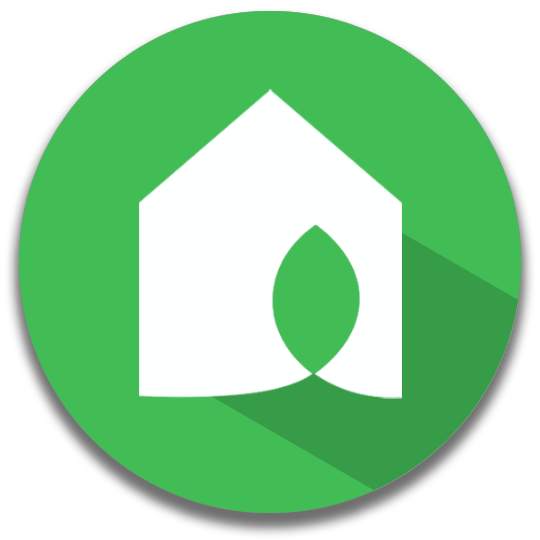
Netro Support
Lives in:
Camarillo,
CA,
US
Using:
SPRITE-12
,
SPARK-16
,
SPRITE-6
,
WHISPERER-1
Growing:
Kentucky Bluegrass,
Maple
Feeds
Articles
Put Sprite in "paused" mode in winter
Netro Support
Updated at
2023-11-07 06:09:05 UTC
Topic:
Netro App
Scheduling ( Two Smart watering levels; Smart disabled)
Netro Support
Updated at
2023-06-09 06:07:25 UTC
Topic:
Smart Watering
Smart Watering - Water in the Morning
Netro Support
Updated at
2022-04-24 01:45:07 UTC
Topic:
Smart Watering
Netro has updated max day regulation
Netro Support
Updated at
2019-12-25 01:46:02 UTC
Topic:
Watering Restriction
Plant Sensors Monitoring Multiple Zones
Netro Support
Updated at
2019-08-07 06:39:15 UTC
Topic:
Netro App
Device sharing between multiple users
Netro Support
Updated at
2019-07-29 03:11:08 UTC
Topic:
Netro App
Fixing App "Contact Us" feature not working for Andorid
Netro Support
Updated at
2019-07-15 01:37:42 UTC
Topic:
Netro App
Instructions about Replacing Hunter System
Netro Support
Updated at
2019-03-20 08:08:36 UTC
Topic:
Installation
Instructions about Replacing Orbit System
Netro Support
Updated at
2019-03-20 08:07:49 UTC
Topic:
Installation
Instructions about Replacing Rainbird System
Netro Support
Updated at
2019-03-20 08:06:44 UTC
Topic:
Installation
Select suitable plants for slope
Netro Support
Updated at
2018-12-13 07:48:53 UTC
Topic:
Garden Knowledge
Customization->set rain/temperature/wind threshold to skip watering
Netro Support
Updated at
2018-10-13 06:19:08 UTC
Topic:
Smart Watering
Netro Smart Watering -Water Infrequently, Longer for Better Lawn
Netro Support
Updated at
2018-09-12 07:54:55 UTC
Topic:
Garden Knowledge
Tips for Watering New Garden Plants
Netro Support
Updated at
2018-06-04 12:37:29 UTC
Topic:
Garden Knowledge
How to Water Trees and Shrubs
Netro Support
Updated at
2018-06-04 10:07:08 UTC
Topic:
Garden Knowledge
Water Restriction Helps You Save Water
Netro Support
Updated at
2018-06-04 10:03:46 UTC
Topic:
Watering Restriction
